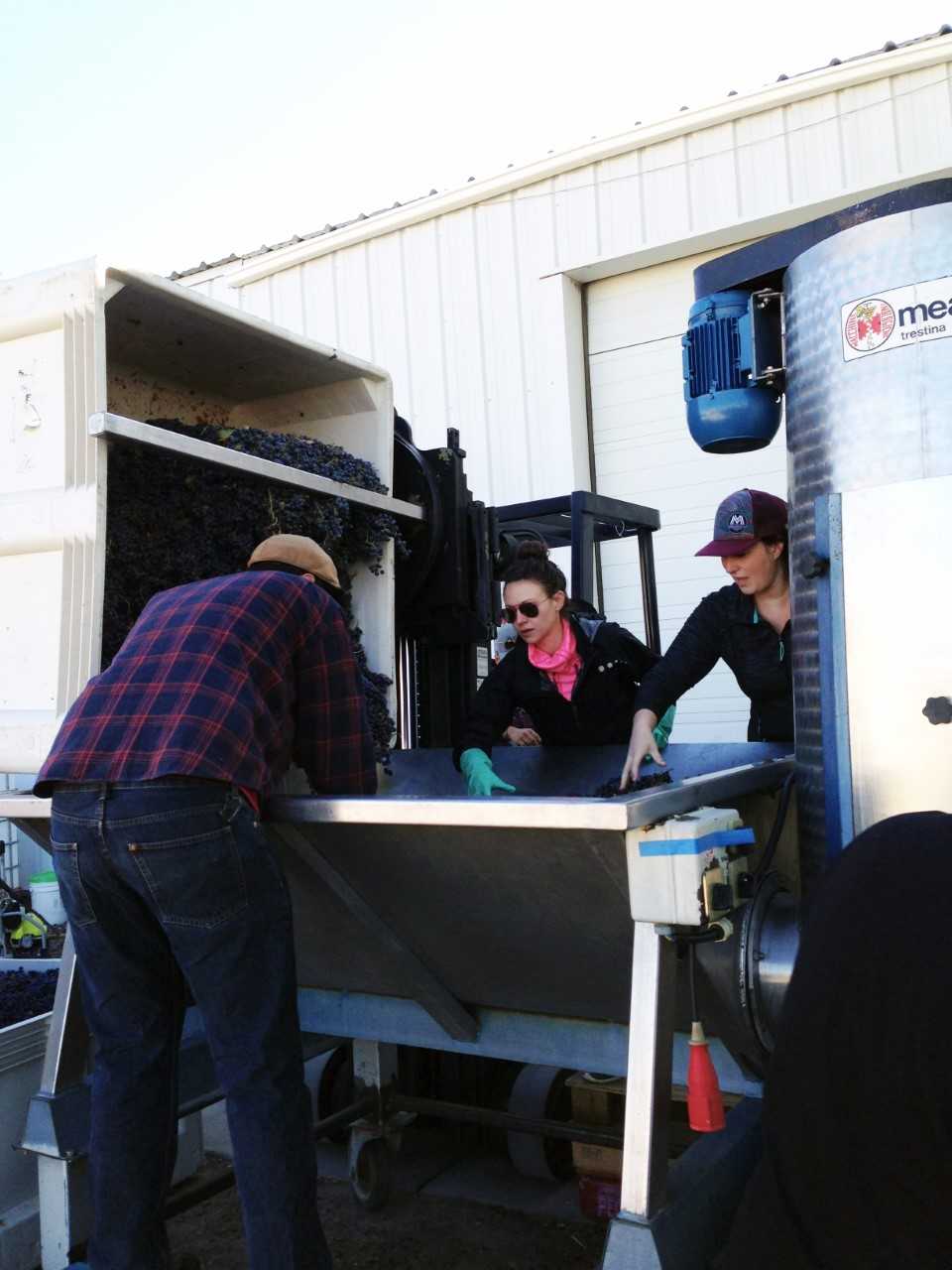Grand Junction – WCCC graduate Amy Gekas will work for Talon Wine Brands after completing her degree in enology, more commonly known as winemaking, this winter. Gekas is excited to bring her newfound skills to one of western Colorado’s most popular and growing economic sectors.
"Colorado is home to an inspiring and evolving community of viticulturists and enologists,” said Gekas. “WCCC not only gave me the foundation needed to thrive in this
Program Instructor Jenne Baldwin-Eaton believes western Colorado grape-growing and winemaking industries are unique, and as a result, have specialized workforce needs.
“Growing grapes and making wine in western Colorado is very different from other areas. We are growing grapes in a high desert climate at an elevation of 4500 to 7000 feet above sea level,” said Baldwin-Eaton. “These climatic conditions translate into fruit that has different parameters than grapes grown in other regions around the world.”
Baldwin-Eaton has worked in the local winemaking
Vice President of Community College Affairs Brigitte Sundermann understands the role of CMU and WCCC in meeting the evolving needs of the local agricultural workforce. Sundermann also believes the program is a critical vehicle for enhancing communication and collaboration between the industry and the college/university.
“We designed this program to be hands-on because we have access to many wineries and grape growers, allowing practical experience for students,” said Sundermann. “The program gives students training, resulting in well-rounded, prepared students who can immediately begin work in grape management, winemaking, marketing, sales or starting their own winery.”
Small wineries require well-rounded people who can fill many roles in the business — a fact that Talon Wine Brands reiterates.
“We support the program technically and financially through sponsorships because we know how important having thoughtful, future-oriented employees is to the growth of our wine industry and the quality of our products,” said Brian Stevens, head winemaker
In addition to Talon supporting the program, addition local wineries also support WCCC students including Grand River Winery, Carlson Vineyards
Seeing the first round of students graduate from the program is a
The program’s community advisory board is currently seeking financial support for scholarships, sponsorships
The advisory board knows viticulture and enology are trades that require community and continuity. Some grape vintages in Europe date back to the Roman Empire with many practices still being passed down to students today. The community’s support of the program is what is needed to take the CMU/WCCC programs to the next level.
